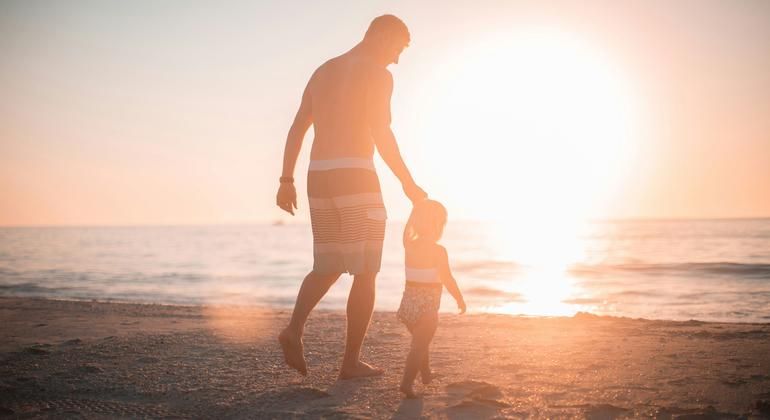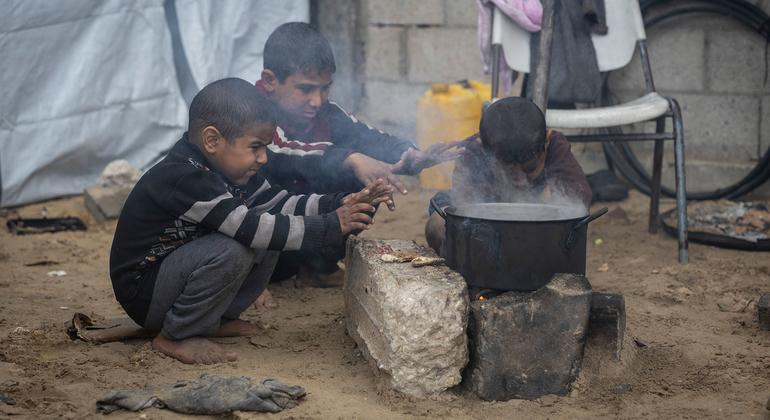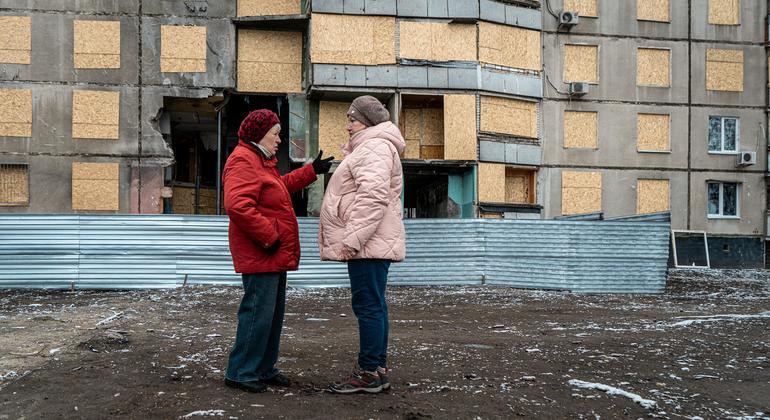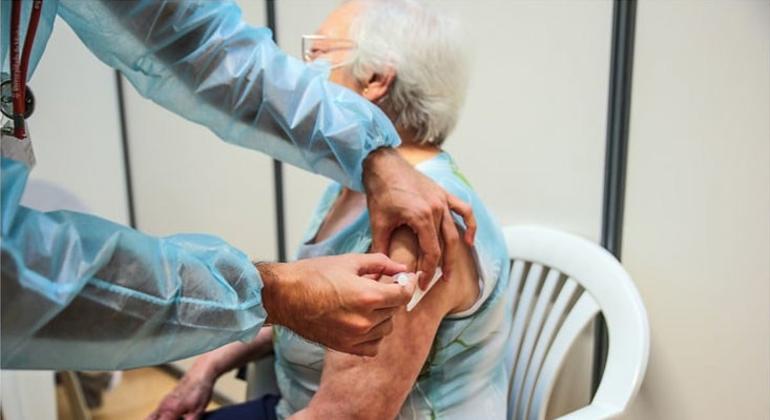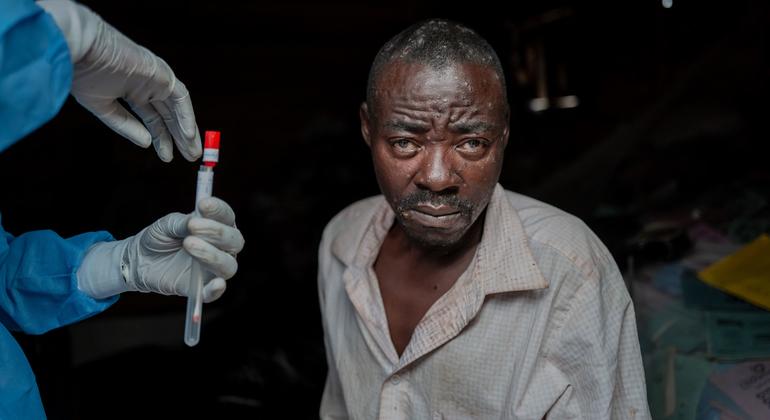UNICEF revealed that 377 children died in 2021 according to data from 23 countries in the vast region.
Heat-related illnesses claimed the lives of half of these vulnerable young people within the first year of their lives.
“About half of children in Europe and Central Asia – or 92 million children – are already exposed to frequent heatwaves in a region where temperatures are rising at the fastest rate in the world,” said Regina De Dominicis, UNICEF Regional Director for Europe and Central Asia.
He warned that increasingly high temperatures can seriously complicate a child's health, even in a short period of time.
“Without attention, these complications can be life-threatening.” she said.
Exposure to heat
According to UNICEF, heat exposure can have acute effects on a child even before birth, potentially leading to premature birth, low birth weight, stillbirth and birth defects.
The agency also noted that heat stress can directly cause death, affect child growth and be a gateway to pediatric diseases.
In addition, UNICEF stated that “Extreme heat caused the loss of more than 32,000 years of healthy life among children and adolescents in the region.”
recommendations
Record temperatures were recorded in 2024, and June was the hottest month in Earth's history. It was the 13th consecutive month in which records were broken.
UNICEF urges governments in Europe and Central Asia to Invest in “heat and health action plans and primary health care” “to more appropriately support heat-related illnesses among children.”
The children's agency is also calling on governments to invest more in heat warning systems, ensure educational facilities reduce temperatures in areas where children play and ensure safe supplies of drinking water.
Other measures include equipping buildings to minimise exposure and establishing strategies to reduce the impact of heat waves in general and especially for children.
UNICEF says it is working with governments and communities across Europe and Central Asia to “build resilience against heatwaves” by providing teachers, families and community health workers with the knowledge and skills to combat heat stress.

